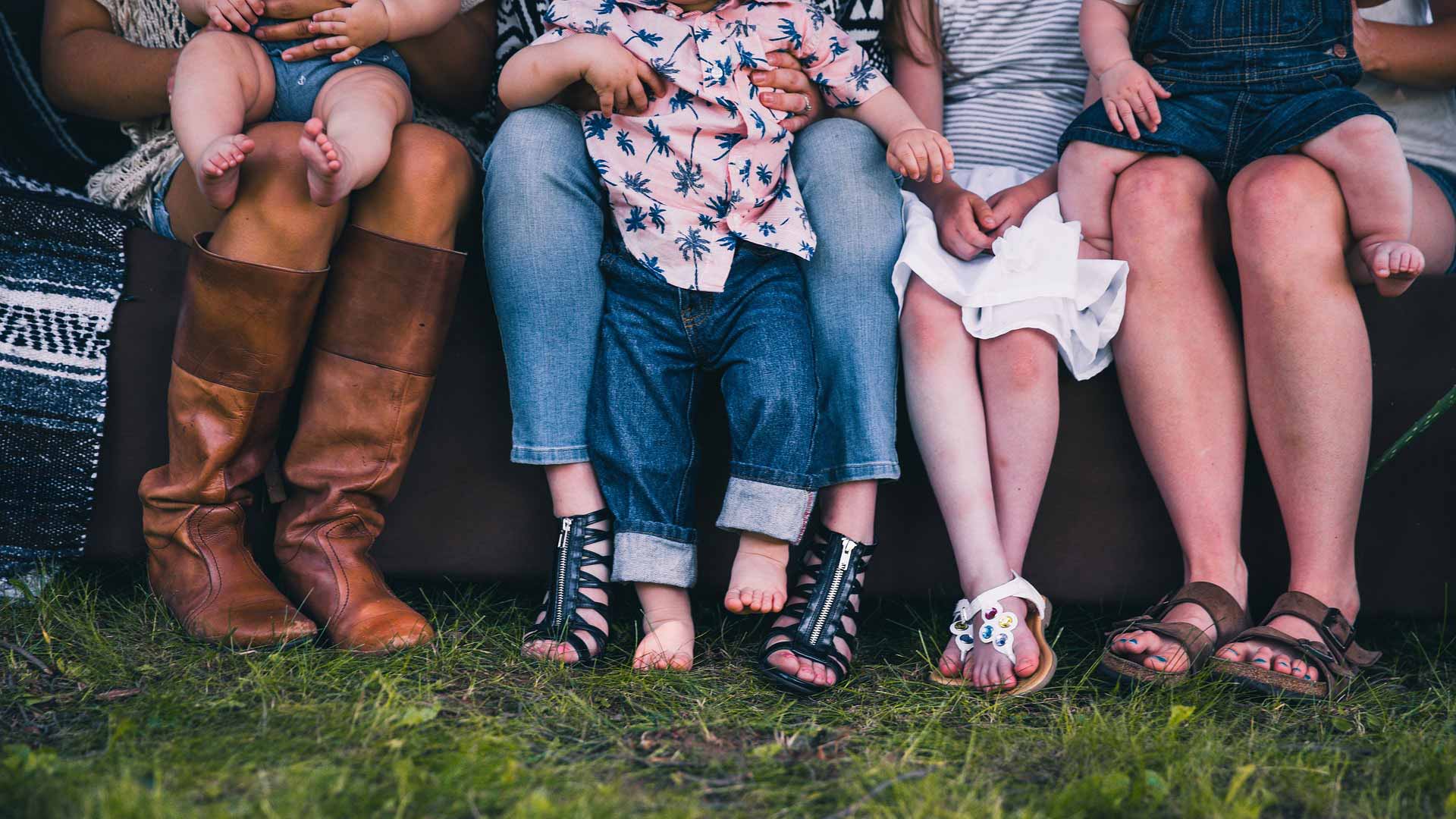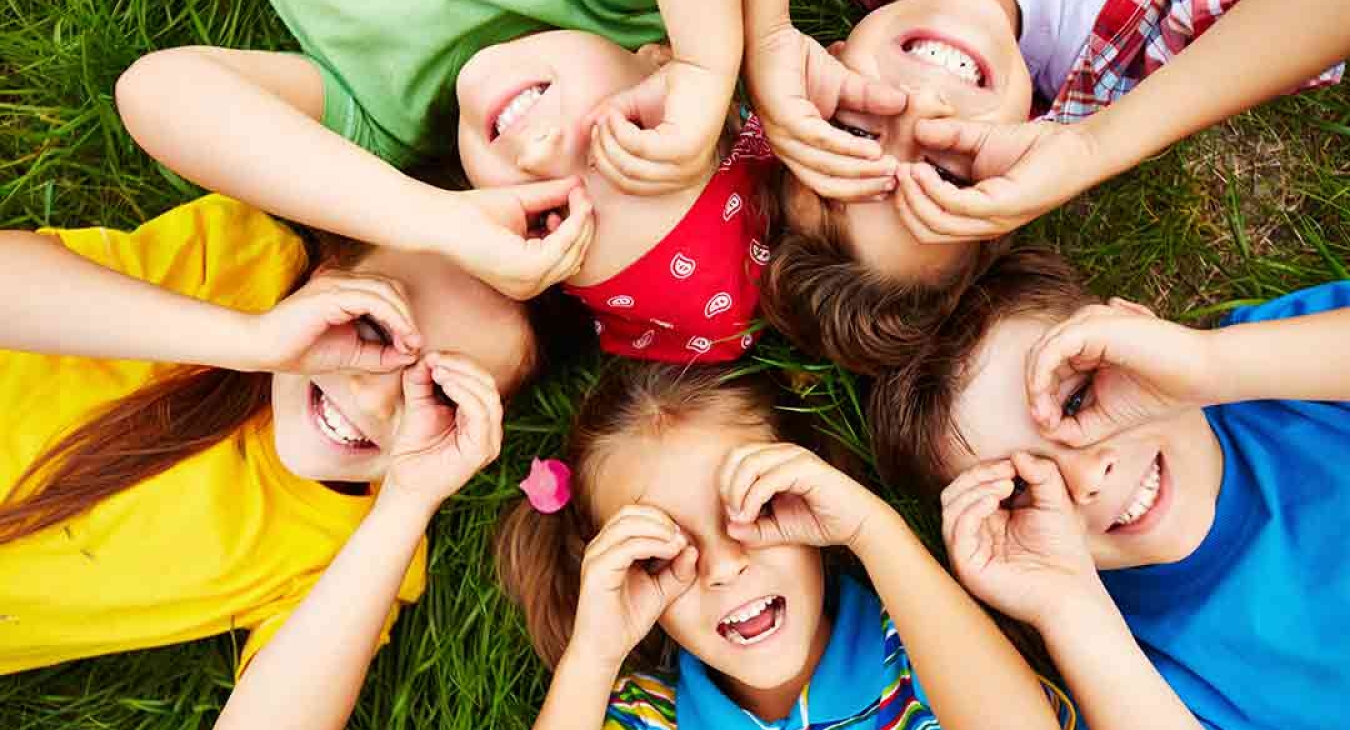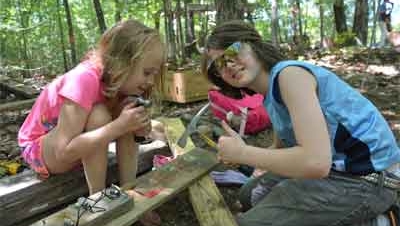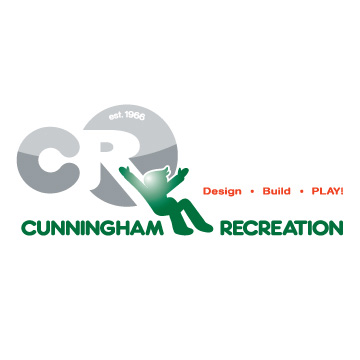Making Friends On Playground
Every parent wants their kids to lead a happy and complete life full of positive memories and amiable friendships. That is why it is so heartbreaking to hear your child utter 'no one wants to play with me'. However, you need to find the right balance in an effort to improve your kid's social skills. As an adult, you can't hole up, but you also can’t take over your kid’s life completely. Here is how you can find the balance and help your little one mingle with other children outside the comfort of your house.
5 Ways To Help Your Kids Navigate The Social Playground
-
Live-action with kids at home
Demonstrating and rehearsing interpersonal skills with your child is a safe way to provide social guidance. While practicing at home, focus on taking turns and sharing during family game time.
Note that new friends expect the same good attitude and politeness. Cover everything from body language to a social script by acting like a kid who wants to make a friend. “What’s your name? How about we play Rainbow Tag?” Sometimes it all comes down to the right words. At home, most kids tend to play together without introductions or asking.
-
Be an observer
After coaching your kids on behavioral patterns and social interactions, make an excuse to linger on the playground. Adults who achieve maximum results step in at the "point of performance"— in the environment where and when the skill is picked up.
While you don’t want to go over the top, you may need to intervene if your kids need some help to keep up the interaction. As you keep tabs on your kid, you may often note loud demeanor or noisy activities. Don’t dissuade such activities, since laughter brings little ones together. Of course, it doesn’t mean you should condone taunting or bullying.
-
Set up a playdate to break the ice
What should your game plan be if your child is aloof and withdrawn, unwilling to accept invitations made by other kids? Think about their favorite activities and organize a playdate with a like-minded child. Face-to-face games will be less stressful for your child to handle, and shared interests will set a positive tone.
When your child gets used to communicating with other players in this location, you can invite two or more children at the same time.
-
Show picture books about friendships.
Some little ones feel uneasy vocalizing their emotions and worries. Bibliotherapy can be used instructionally to teach the necessary skills and offer discussion starters for positive and good-natured friendships.
Moreover, picture books serve as a safe place for children to learn friendship stories of other people. Here are some examples of books that help establish social skills and make new friends:
- A Rainbow of Friends by P.K. Hallinan (Ages 4-8)
- Best Friends by C. Labaronne (Ages 3-5)
- The Playground is Like the Jungle by S. Innes (Ages 3-8)
-
Connect with your child and show empathy
Studies have demonstrated that understanding emotions helps little ones learn the fellow feeling and listen to others as well. Teaching kids empathy will also make them better friends. You can pave the way for this skill by helping your children communicate their emotions after every playdate.
Start with simple, everyday conversations about how they’re feeling. Also, pay close attention to your kid’s body language, gestures, and facial expression - they will tell you how your mission is going.
The Bottom Line
Some kids are natural merry fellows, while others require more time and effort to get used to new settings. If your little quiet one is exploring the perimeter of the playground to hide from the chaos or new friendships, you can help your kid naturally gravitate towards others.
With the proper assistance, exposure, and rehearsal, a socially challenged child can learn how to confidently sail the playing area and build long-lived friendships with peers.





















Add new comment